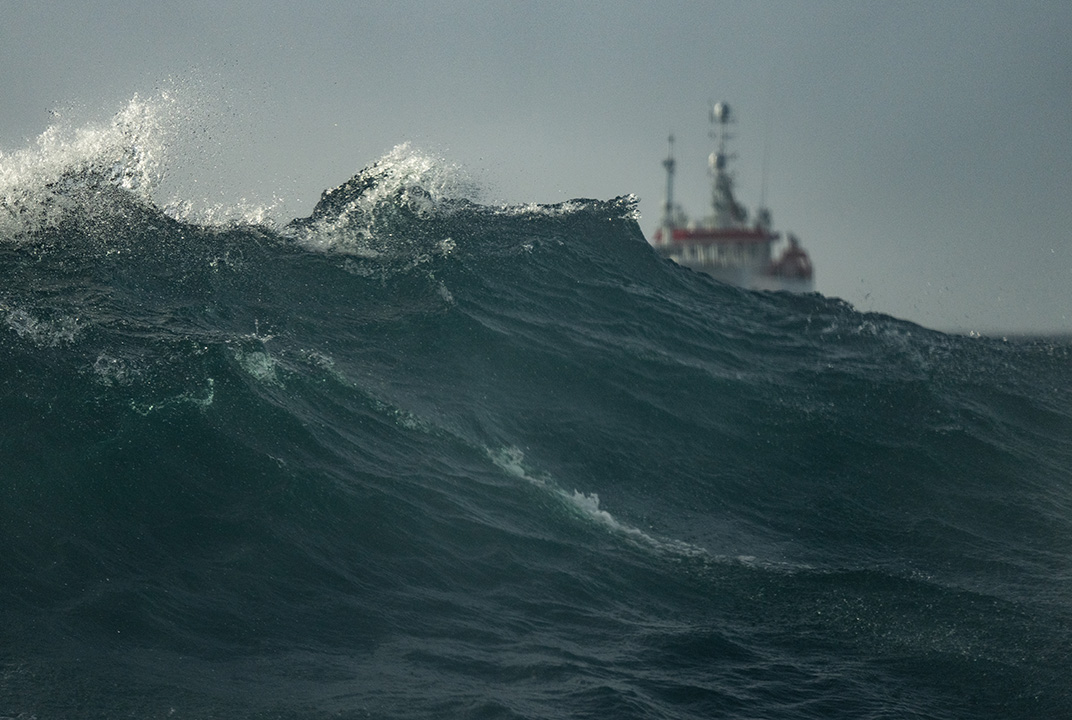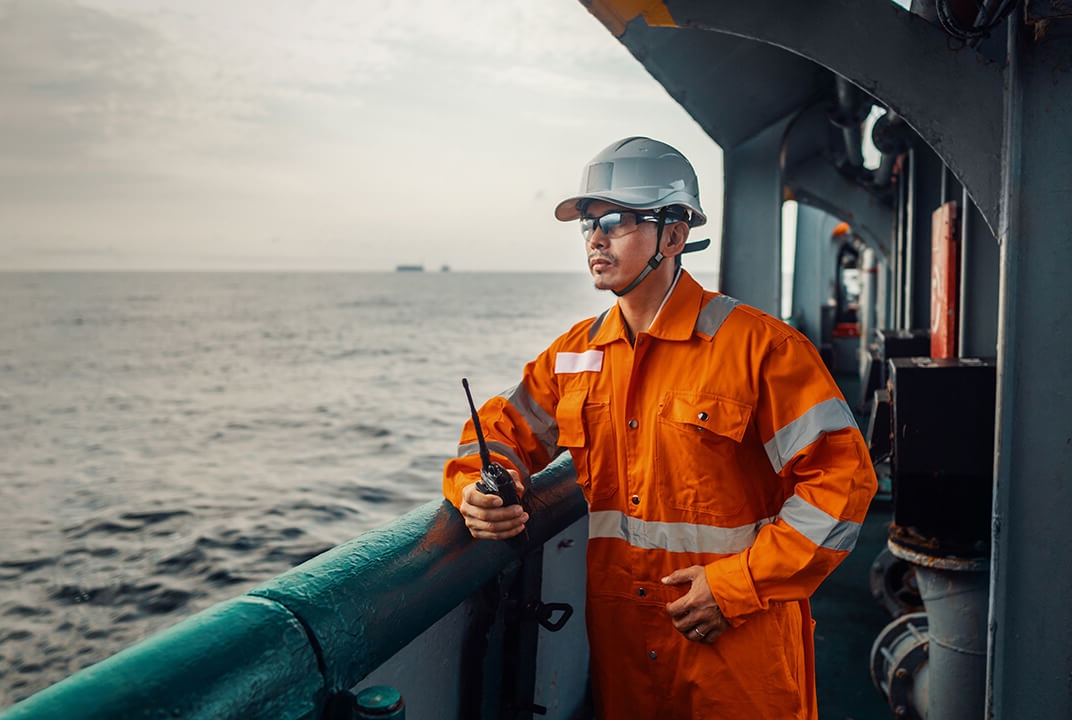Despite the challenges posed by COVID-19 and global supply chain disruption, total vessel losses across the industry have continued to steadily decrease, following a downward trend of 57% over the past decade. The Allianz Global Corporate and Speciality (AGCS) Safety and Shipping Review 2022 shows a drop from 65 total vessel losses in 2020 to 54 in 2021, suggesting the industry’s continued focus on regulation, improved ship design and technology and risk management advances are increasing overall trends in safety.
The Future of Maritime Safety Report provides insights into safety trends from GMDSS data gathered between 2019-2021 and reveals patterns at a local and global level. Better understanding these patterns can help us to take proactive steps to prevent such incidents going forward and help guide us to a safer future.


